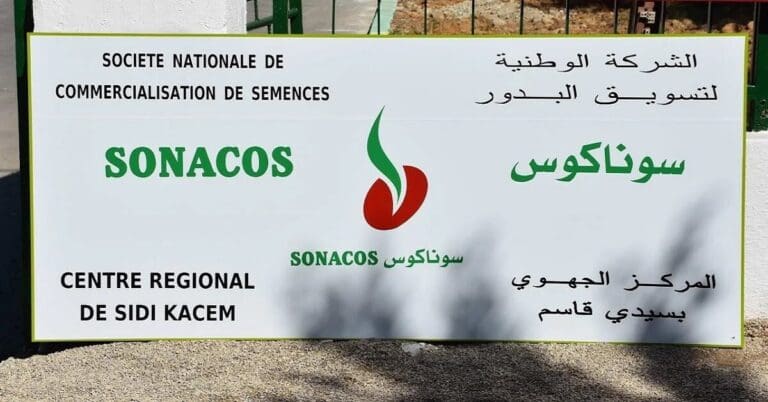After years of difficulties, Senegals’ Groundnut Marketing Company (SONACOS) is gradually regaining momentum by reinventing its model, blending industrial ambition, social responsibility, and a national strategic vision.
A fresh wind of renewal is sweeping through the corridors of SONACOS. Since his appointment last May by President Bassirou Diomaye Faye, El Hadj Ndane Diagne has been tackling the complex and strategic challenge of reviving a once-iconic agro-industrial company that had long been dormant.
“I’ve been in this business for a long time. SONACOS’ model is nothing new to me,” Diagne states with a confidence that contrasts with the critical state of the company when he took office.
The numbers painted a grim picture: in 2023, only 12,000 tons of groundnuts were collected, a far cry from SONACOS’ historical performance. “The company was at a very low level in terms of performance,” Diagne acknowledges.
The industrial infrastructure was similarly dismal, featuring outdated equipment, lagging technology, and non-operational production units. A thorough internal review, complemented by an external audit, mapped out the challenges ahead.
Restarting and Modernising Operations
In June, a recovery strategy was launched. The factories in Dakar, Ziguinchor, Kaolack, Louga, and Diourbel were reactivated, signaling a new beginning. “We started by restarting the machines to process the 12,000 tons collected the previous year,” Diagne explains.
The results are already visible. In Ziguinchor, daily production increased from 120 to 247 tons, with expectations to reach 260 or even 275 tons per day, according to SONACOS’ CEO.
This industrial revival has also sparked remarkable social progress. In Ziguinchor alone, 500 direct jobs have been created, along with numerous indirect ones. “Today, I can proudly say that SONACOS is one of the few companies capable of generating up to 7,000 jobs nationwide,” Diagne asserts.
Looking ahead to the next campaign, SONACOS has set an ambitious target: collecting 300,000 tons of groundnuts. “We’ve exceeded 2,000 tons per day and aim to reach 3,000 or even 3,500 tons soon,” he adds.
Addressing Price Practices and Ensuring Fair Trade
To combat illicit pricing practices, SONACOS has implemented strict measures. The company has committed to paying transporters within 48 hours of unloading and has allocated 3 billion CFA francs to help operators establish collection points.
The goal is to uphold the government-mandated floor price of 305 CFA francs per kilogram. “If a producer can sell for a higher price, we encourage it, but never below the floor price,” Diagne emphasises.
Food Sovereignty and Regional Partnerships
SONACOS also aims to contribute to Senegal’s food sovereignty by producing enough to achieve self-sufficiency in edible oil while exploring other crops such as sunflower and soybean.
Discussions are underway with Côte d’Ivoire’s SIFKA Group and Burkina Faso’s SNC-TEC to exchange expertise and replicate successful models.
Persistent Challenges
Despite progress, challenges remain. Agricultural yields vary significantly across regions, ranging from 1,400 kilograms per hectare in the south-southeast to less than 400 kilograms in other areas.
ARD/sf/te/lb/as/APA


